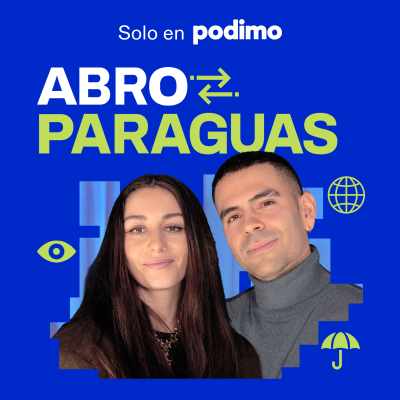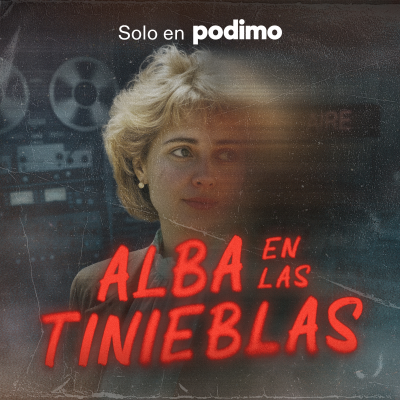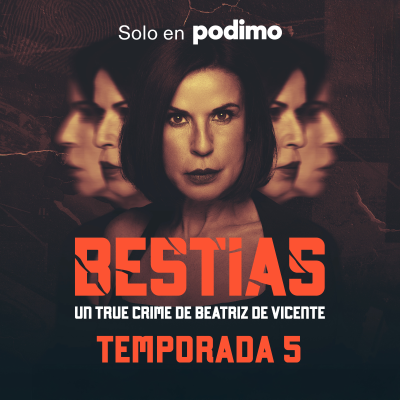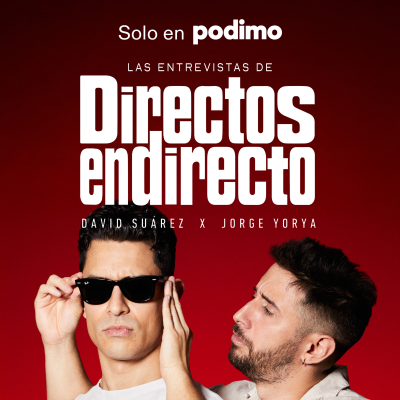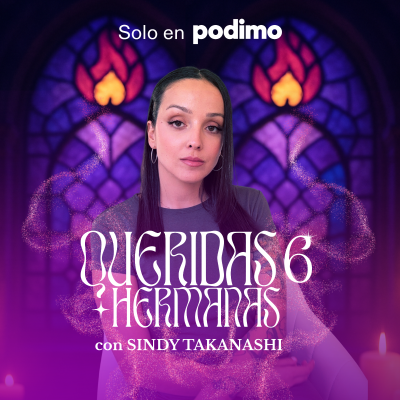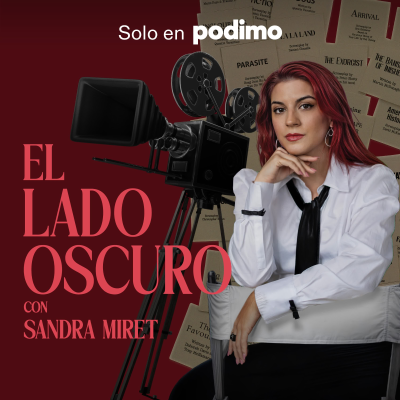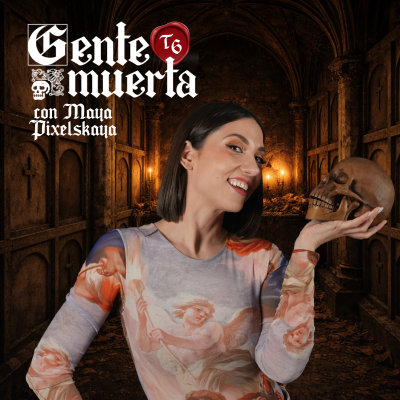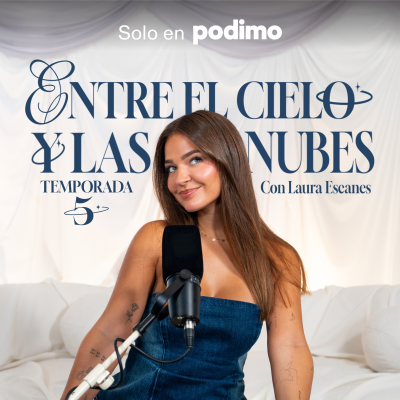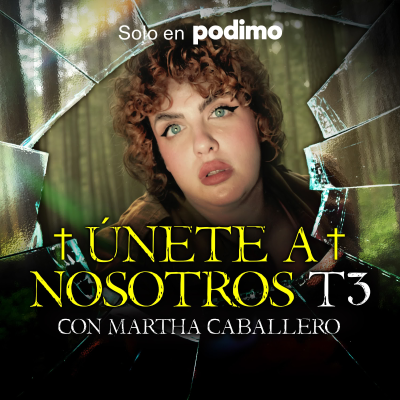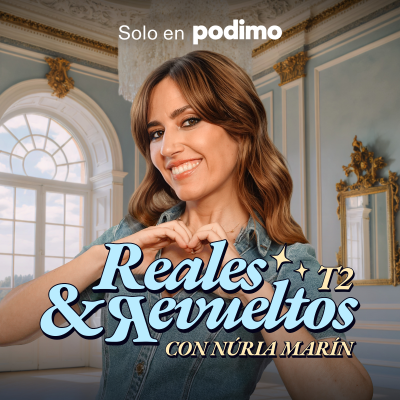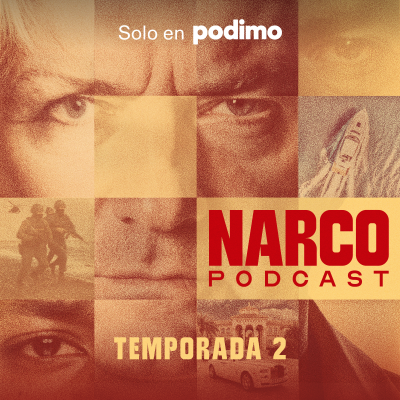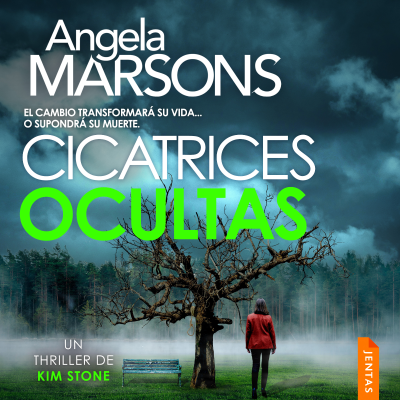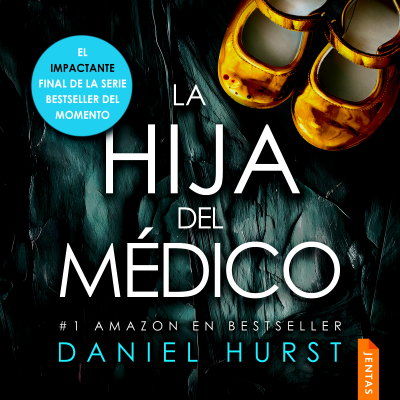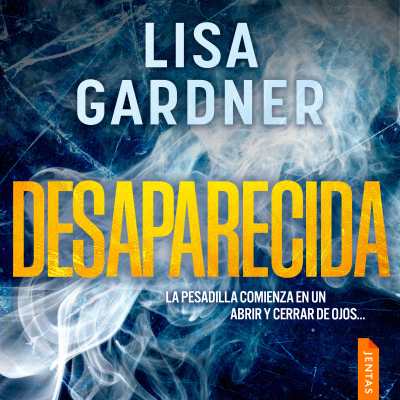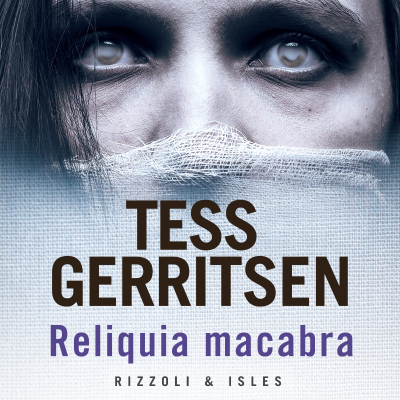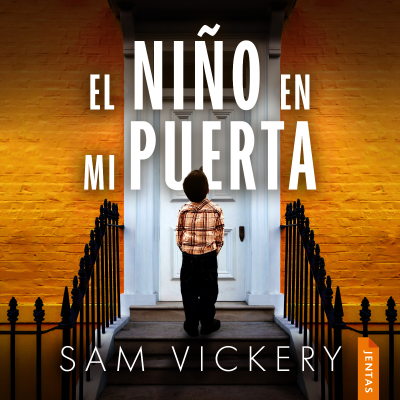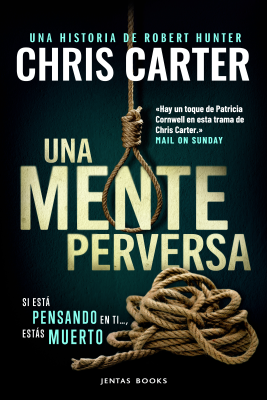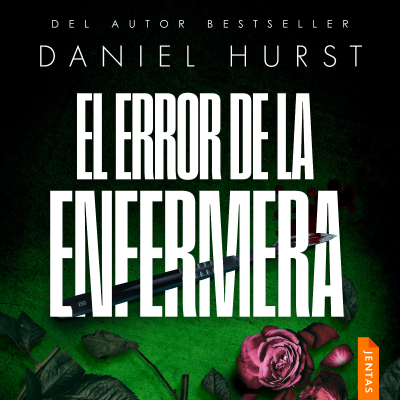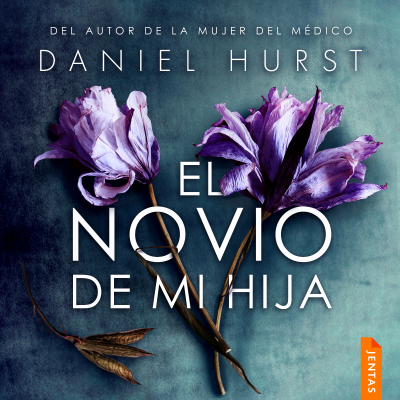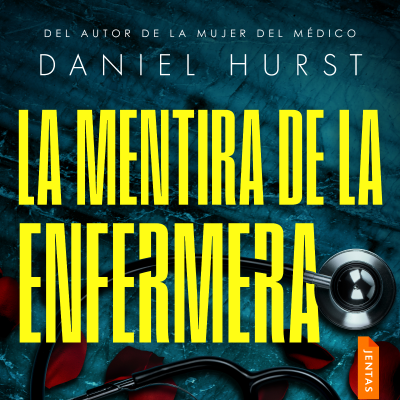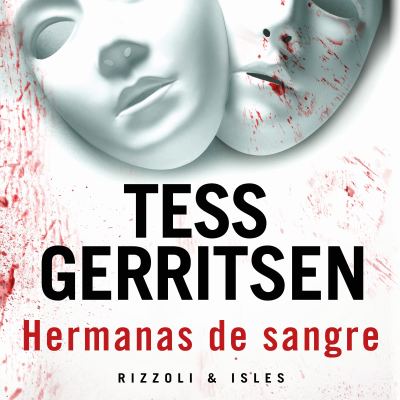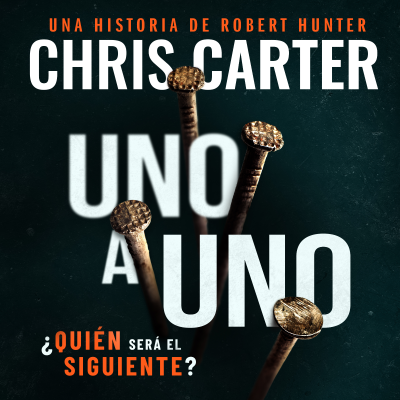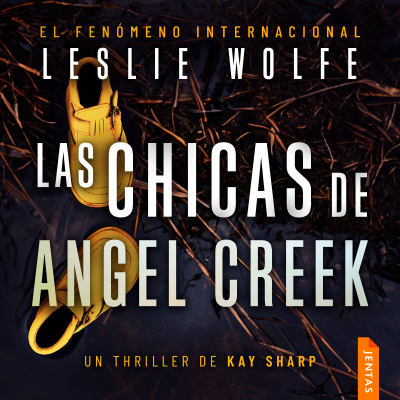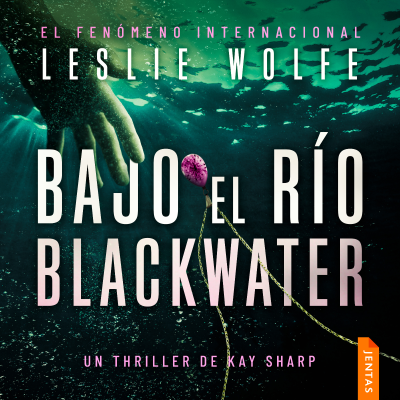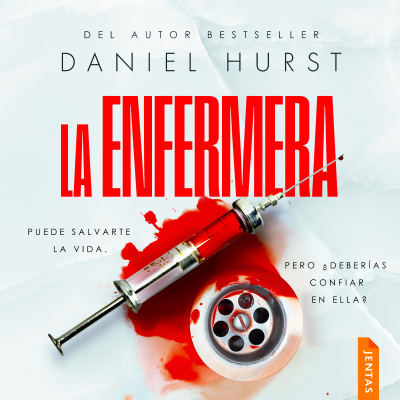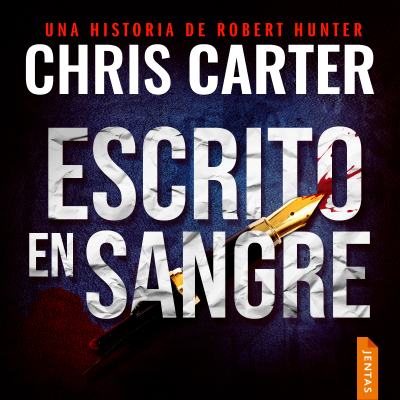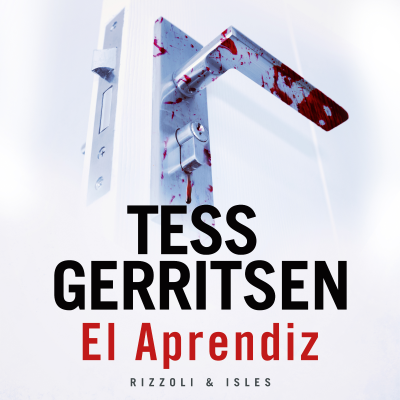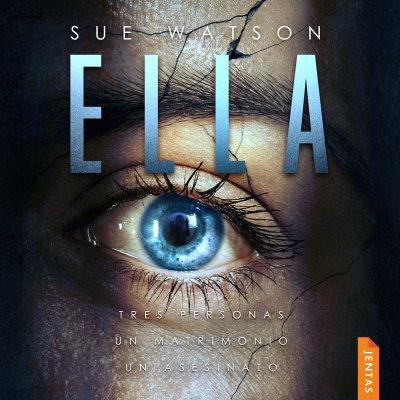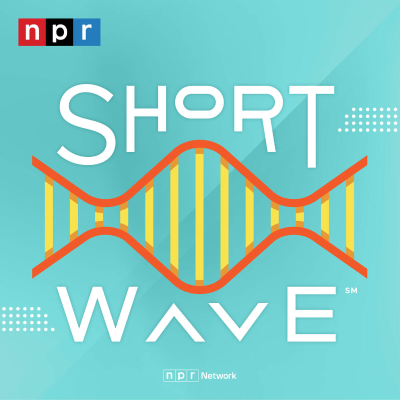
Short Wave
inglés
Tecnología y ciencia
Oferta limitada
2 meses por 1 €
Después 4,99 € / mesCancela cuando quieras.
- 20 horas de audiolibros / mes
- Podcasts solo en Podimo
- Podcast gratuitos
Acerca de Short Wave
New discoveries, everyday mysteries, and the science behind the headlines — in just under 15 minutes. It's science for everyone, using a lot of creativity and a little humor. Join hosts Emily Kwong and Regina Barber for science on a different wavelength.If you're hooked, try Short Wave Plus. Your subscription supports the show and unlocks a sponsor-free feed. Learn more at plus.npr.org/shortwave
Todos los episodios
295 episodiosScreen time is up for grandma and grandpa
Folks over 65 are putting in a lot of screen time. In 2019, the Pew Research Center found that people 60 years and older spend more than half their daily leisure time [https://www.pewresearch.org/short-reads/2019/06/18/americans-60-and-older-are-spending-more-time-in-front-of-their-screens-than-a-decade-ago/] in front of screens, mostly watching TV or videos. Since the pandemic, that screen time has increased. Is addiction on the rise? And what’s the best use of screen time for any of us? We’re parsing out all the questions with Ipsit Vahia [https://www.mcleanhospital.org/profile/ipsit-vahia], the Chief of Geriatric Psychiatry at McLean Hospital. Interested in more stories about how technology is changing daily life? Email us your question at shortwave@npr.org [shortwave@npr.org]. Listen to every episode of Short Wave sponsor-free and support our work at NPR by signing up for Short Wave+ at plus.npr.org/shortwave [http://plus.npr.org/shortwave]. To manage podcast ad preferences, review the links below: See pcm.adswizz.com [https://pcm.adswizz.com] for information about our collection and use of personal data for sponsorship and to manage your podcast sponsorship preferences. Learn more about sponsor message choices: podcastchoices.com/adchoices [https://podcastchoices.com/adchoices] NPR Privacy Policy [https://www.npr.org/about-npr/179878450/privacy-policy]
Could our trash become local fishes’ treasure?
Helicopters. Cargo containers. Old washing machines. For years, fishermen dumped this waste into the Gulf of Mexico. But they weren’t just trying to get rid of junk; they were trying to create artificial reefs that would help attract fish. For this month’s Nature Quest, WWNO coastal reporter Eva Tesfaye [https://www.wwno.org/people/eva-tesfaye] takes a (metaphorical) dive into the gulf to find out if Alabama’s ocean junkyard is an economic – and environmental – solution. Want to learn more about artificial reefs? Check out WWNO's podcast Sea Change [https://www.wwno.org/podcast/sea-change] for more reporting from Eva and her colleagues. This episode is part of Nature Quest, our monthly segment that brings you a question from a Short Waver who is noticing a change in the world around them. Send a voice memo to shortwave@npr.org [shortwave@npr.org] telling us your name, location and a question about a change you're seeing in nature – it could be our next Nature Quest episode! Listen to every episode of Short Wave sponsor-free and support our work at NPR by signing up for Short Wave+ at plus.npr.org/shortwave [http://plus.npr.org/shortwave]. To manage podcast ad preferences, review the links below: See pcm.adswizz.com [https://pcm.adswizz.com] for information about our collection and use of personal data for sponsorship and to manage your podcast sponsorship preferences. Learn more about sponsor message choices: podcastchoices.com/adchoices [https://podcastchoices.com/adchoices] NPR Privacy Policy [https://www.npr.org/about-npr/179878450/privacy-policy]
The serious hunt for alien life
Bring up aliens and a lot of people will scoff. But not everyone is laughing. Around the turn of the century, 3.8 million people banded together in a real-time search for aliens -- with screensavers. It was a big moment in a century-long concerted search for extraterrestrial intelligence. So far, alien life hasn't been found. But for scientists like astronomer Janes Davenport [https://astro.washington.edu/people/james-davenport], that doesn't mean the hunt is worthless. It doesn't mean we should give up. No, according to James, the search is only getting more exciting as new technology opens up a whole new landscape of possibilities. So today, we're revisiting our episode on the evolving hunt for alien life. Want more space content? Let your opinion be heard by dropping us a line at shortwave@npr.org [shortwave@npr.org]! Listen to every episode of Short Wave sponsor-free and support our work at NPR by signing up for Short Wave+ at plus.npr.org/shortwave [http://plus.npr.org/shortwave]. To manage podcast ad preferences, review the links below: See pcm.adswizz.com [https://pcm.adswizz.com] for information about our collection and use of personal data for sponsorship and to manage your podcast sponsorship preferences. Learn more about sponsor message choices: podcastchoices.com/adchoices [https://podcastchoices.com/adchoices] NPR Privacy Policy [https://www.npr.org/about-npr/179878450/privacy-policy]
The noise that isn't there
Almost 15% of adults suffer from a persistent, often intolerable sound... that is literally just in their heads. Why does the brain do this to us? We help one of our listeners get some answers. This is the second episode of a five-part series called The Sound Barrier [https://www.vox.com/podcasts/467048/unexplainable-hearing-audio-podcast-brain] from our friends at Vox's Unexplainable podcast.Guests: Stéphane Maison [https://doctors.masseyeandear.org/details/66], director of the tinnitus clinic at Mass Eye and Ear and Dan Polley [https://oto.hms.harvard.edu/people/daniel-polley], tinnitus researcher at Mass Eye and Ear To manage podcast ad preferences, review the links below: See pcm.adswizz.com [https://pcm.adswizz.com] for information about our collection and use of personal data for sponsorship and to manage your podcast sponsorship preferences. Learn more about sponsor message choices: podcastchoices.com/adchoices [https://podcastchoices.com/adchoices] NPR Privacy Policy [https://www.npr.org/about-npr/179878450/privacy-policy]
The truth about intermittent fasting
From TikTok and Instagram influencers to celebrities like Hugh Jackman and Kourtney Kardashian, intermittent fasting has gotten a lot of hype. The diet restricts what time you eat rather than what or how much you eat. The idea is that short periods of fasting cause your body to burn through stored fat reserves. But is that conventional wisdom true? And can it really contribute to weight loss? Regina G. Barber [https://www.npr.org/people/1082526815/regina-g-barber] and Rachel Carlson [https://www.npr.org/people/1112796909/rachel-carlson] tackle those questions — plus why some researchers are rethinking how to protect people's mental health when talking to chatbots and how ultra-endurance running changes the human body. Have a scientific question you want us to answer? Email us your question at shortwave@npr.org [shortwave@npr.org]. Listen to every episode of Short Wave sponsor-free and support our work at NPR by signing up for Short Wave+ at plus.npr.org/shortwave [http://plus.npr.org/shortwave]. To manage podcast ad preferences, review the links below: See pcm.adswizz.com [https://pcm.adswizz.com] for information about our collection and use of personal data for sponsorship and to manage your podcast sponsorship preferences. Learn more about sponsor message choices: podcastchoices.com/adchoices [https://podcastchoices.com/adchoices] NPR Privacy Policy [https://www.npr.org/about-npr/179878450/privacy-policy]
Elige tu suscripción
Oferta limitada
Premium
20 horas de audiolibros
Podcasts solo en Podimo
Podcast gratuitos
Cancela cuando quieras
2 meses por 1 €
Después 4,99 € / mes
Premium Plus
100 horas de audiolibros
Podcasts solo en Podimo
Podcast gratuitos
Cancela cuando quieras
Disfruta 30 días gratis
Después 9,99 € / mes
2 meses por 1 €. Después 4,99 € / mes. Cancela cuando quieras.



